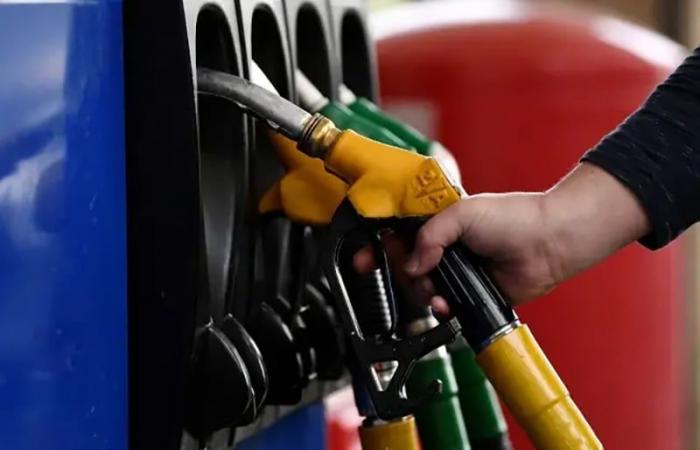In an era where fuel prices are experiencing a significant decline internationally, in Morocco, they continue to rise. In this regard, Ibrahim Abba, Moroccan MP, sent a written question to the Ministry of Energy Transition and Sustainable Development to request clarification on the persistent gap between world prices and those practiced at the national level.
In his questioning, the MP stressed that “despite marked declines on the international market, particularly for crude oil and refined products, Moroccan consumers benefit from only minimal discounts at the country’s gas stations..
The MP recalled that this situation contrasts sharply with periods of rising prices internationally, where increases are quickly passed on to the national market. This, he said, has raised legitimate questions among citizens, who wonder why global declines are not proportionally reflected in local prices.
In this sense, Abba also raised the issue of refining, noting that Morocco no longer imports crude oil since the cessation of activities of the national refinery, the company “Samir”. Now the country is entirely dependent on imported refined products, which could explain part of the gap between international and domestic prices. However, the MP insisted on the need for the government to provide more detailed explanations and to indicate whether measures are envisaged to deal with the factors which influence prices, such as storage costs, transport or even the taxes.
This request comes in a climate where the question of the purchasing power of Moroccan households is increasingly sensitive, particularly with regard to energy prices, which directly impact the cost of living. Increased transparency on the mechanisms for setting fuel prices would, according to the MP, be essential to restore citizen confidence and ease tensions linked to fluctuations in hydrocarbon prices.
It remains to be seen how the government will react to this inquiry, and whether measures will be taken to better align fuel prices with international trends and thus relieve the economic burden weighing on Moroccan consumers.
Previously approached by Hespress FR, regarding the relaunch of Samir, Houssine El Yamani, secretary general of the national front for the preservation of Samir, who told us that “This situation requires urgent intervention, addressing social, financial, economic and energy security aspects. It is clear that Morocco finds itself at a crossroads regarding this issue.”
By focusing on the social fallout from the closure of Samir, El Yamani reveals to us that “the company played a crucial role in directly providing 1,000 stable jobs, and indirectly, it contributed to the employment of an additional 3,500 people through various subcontracting companies. These figures represent a working community of 4,500 people, whose families comprise on average four to five members. Thus, we are talking about a direct impact on 20,000 to 25,000 individuals. A previous study even revealed that this situation concerns almost a tenth of the population of the city of Mohammedia”.
In conclusion, the SG of the union specifies that the situation of Samir is not an isolated case, “in an earlier statement, the union highlighted the links between this company’s situation and other companies facing similar challenges. Today, the town of Mohammedia has unfortunately become the symbol of growing unemployment and social distress, exacerbated by the deterioration of local industry.”.






